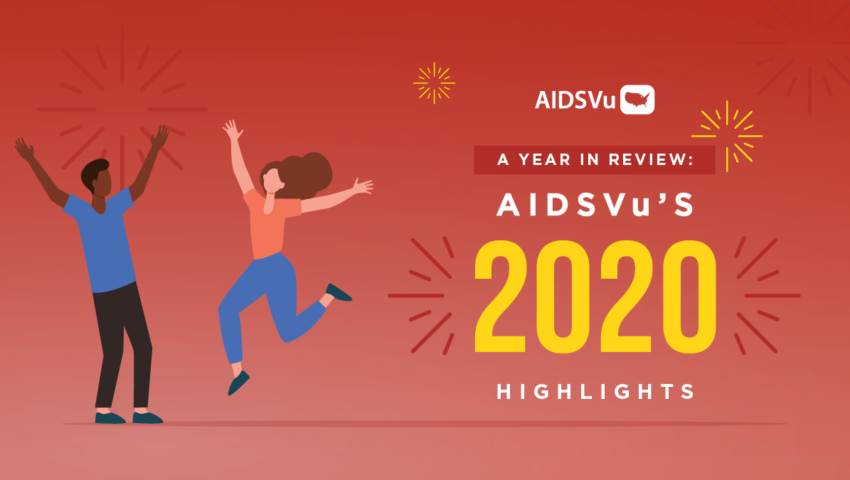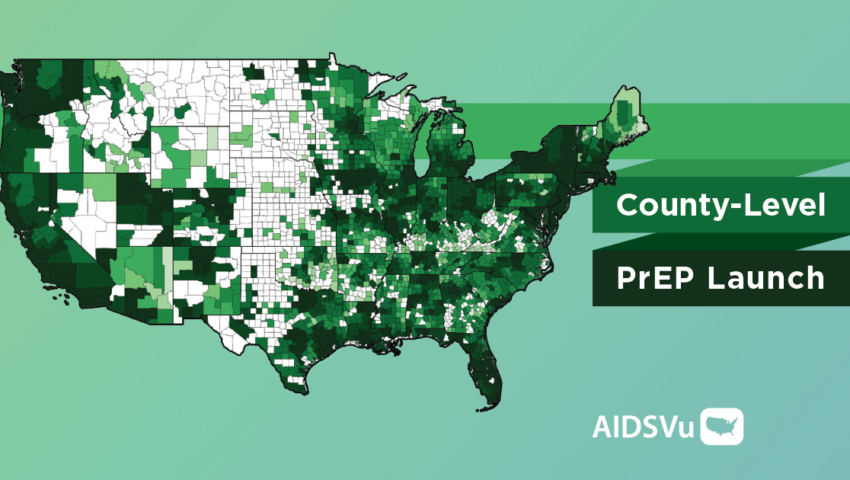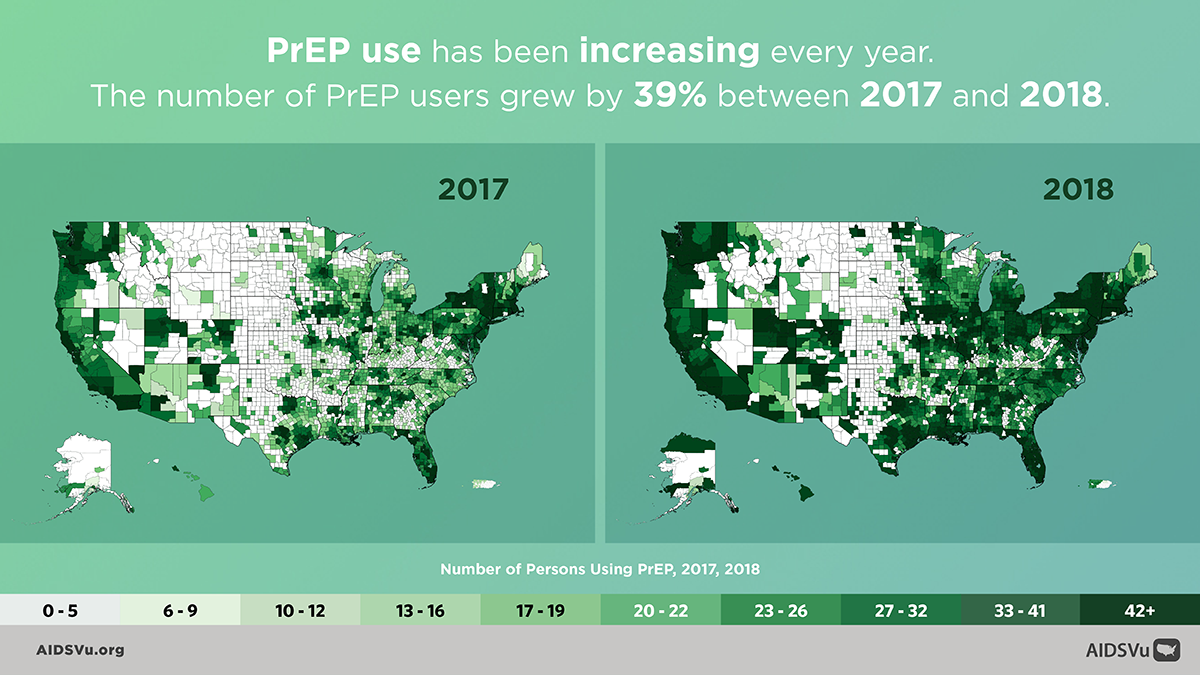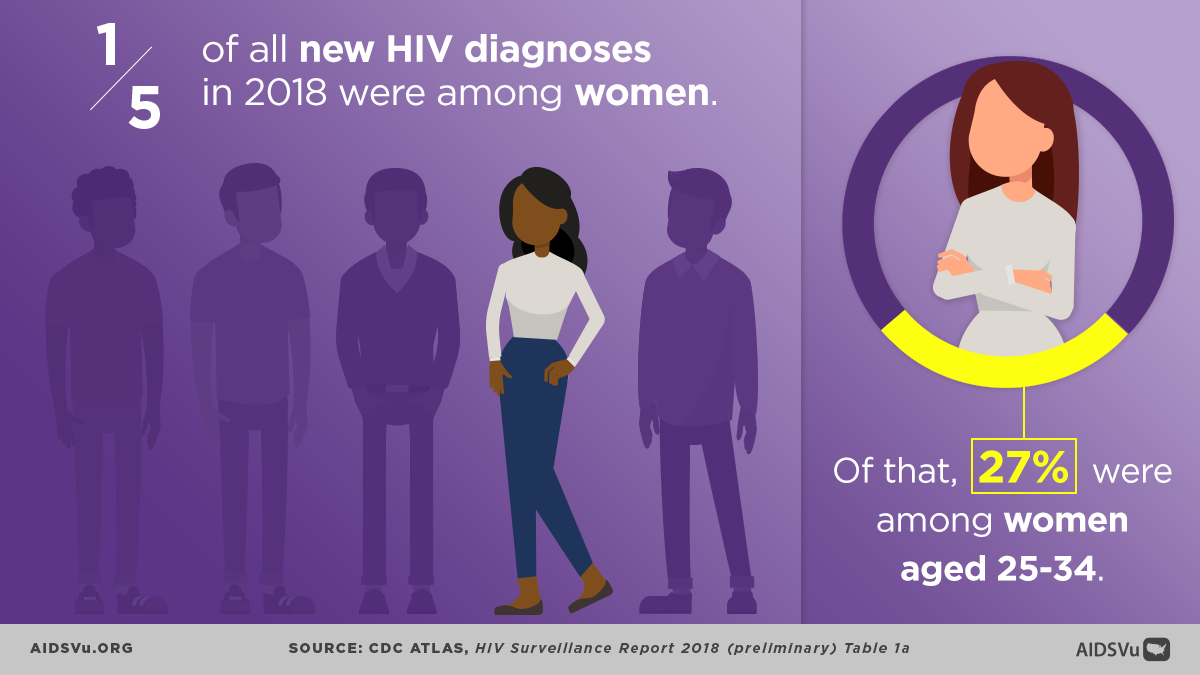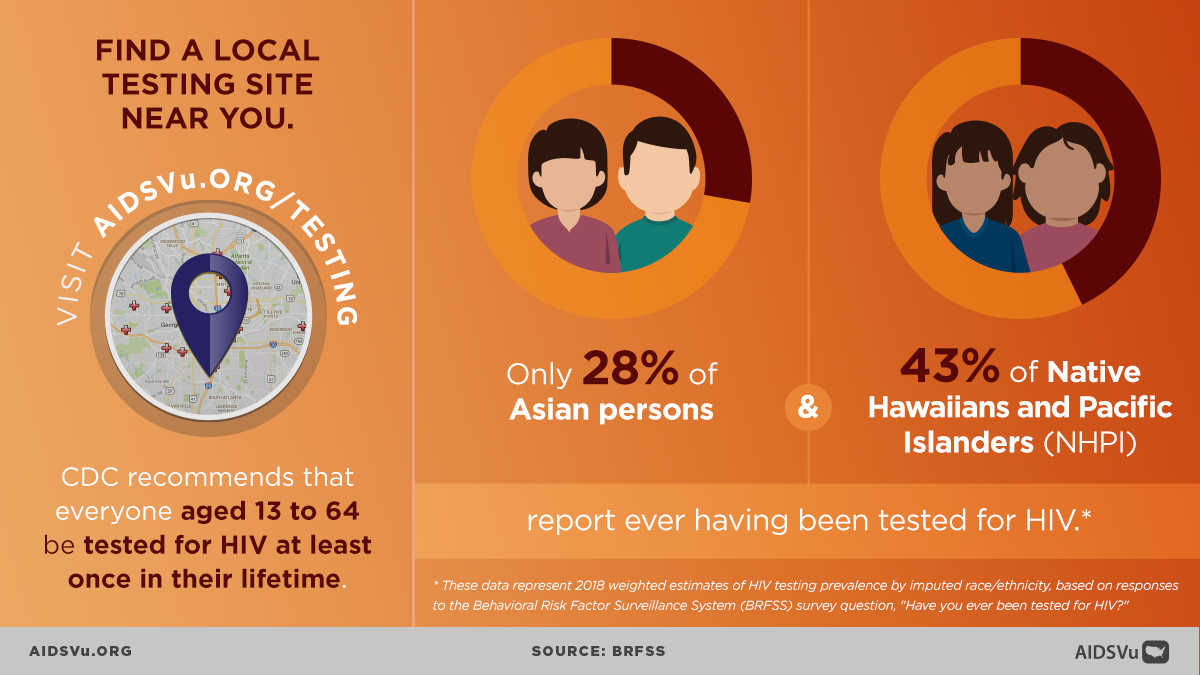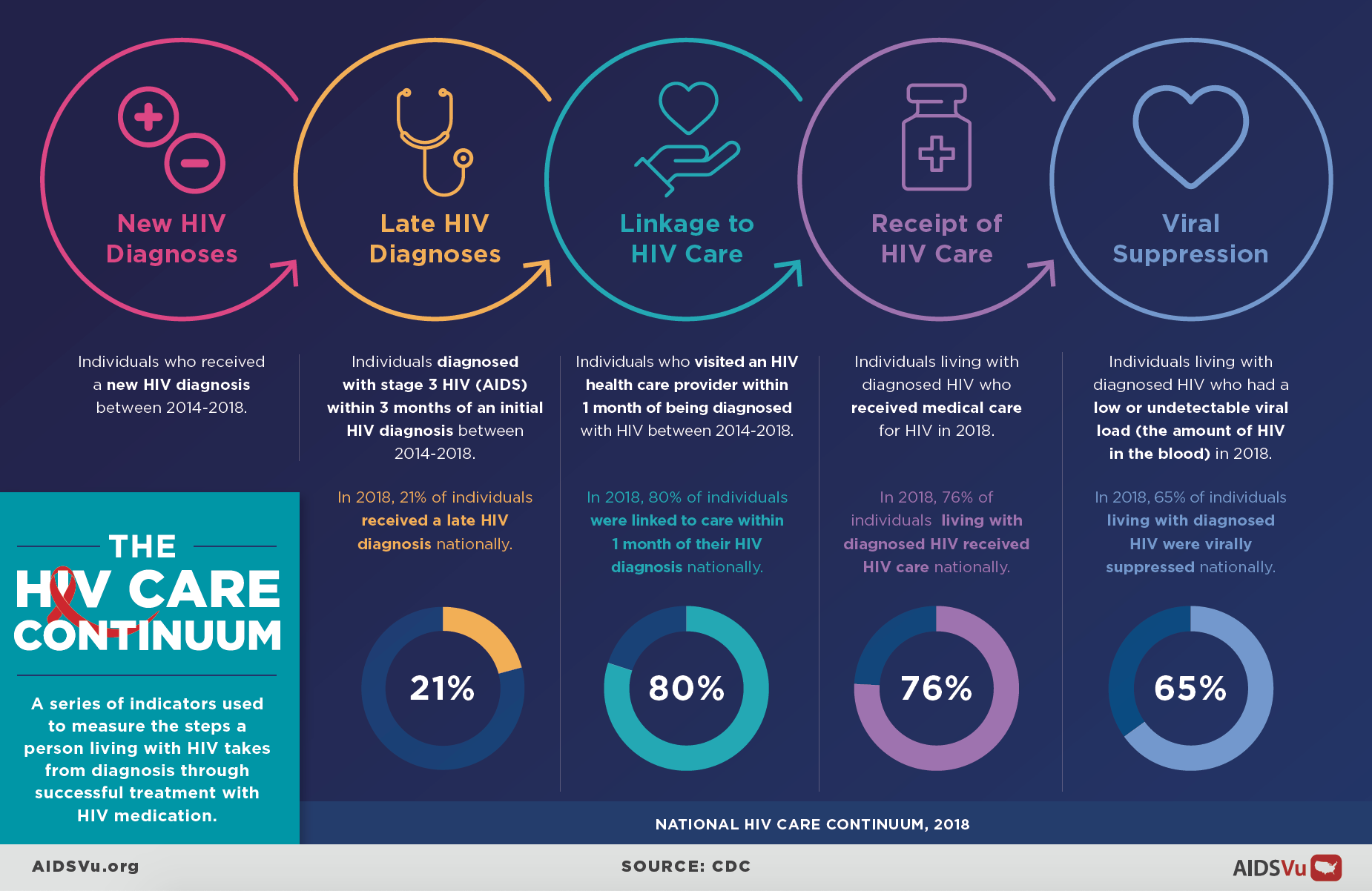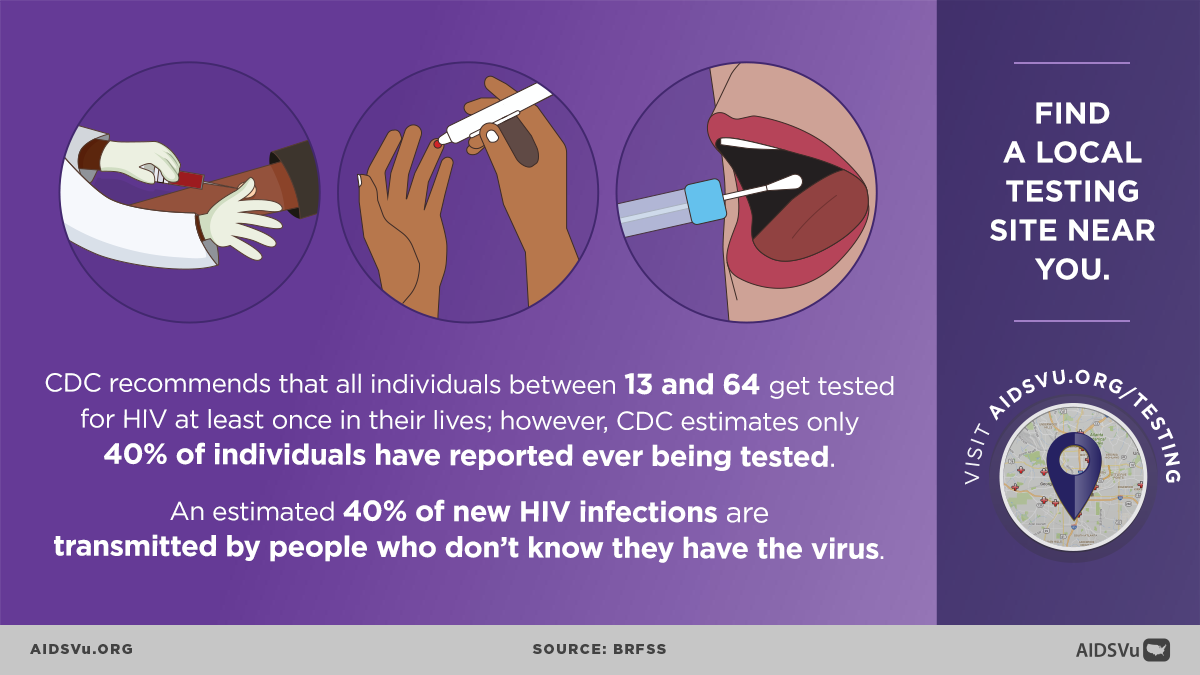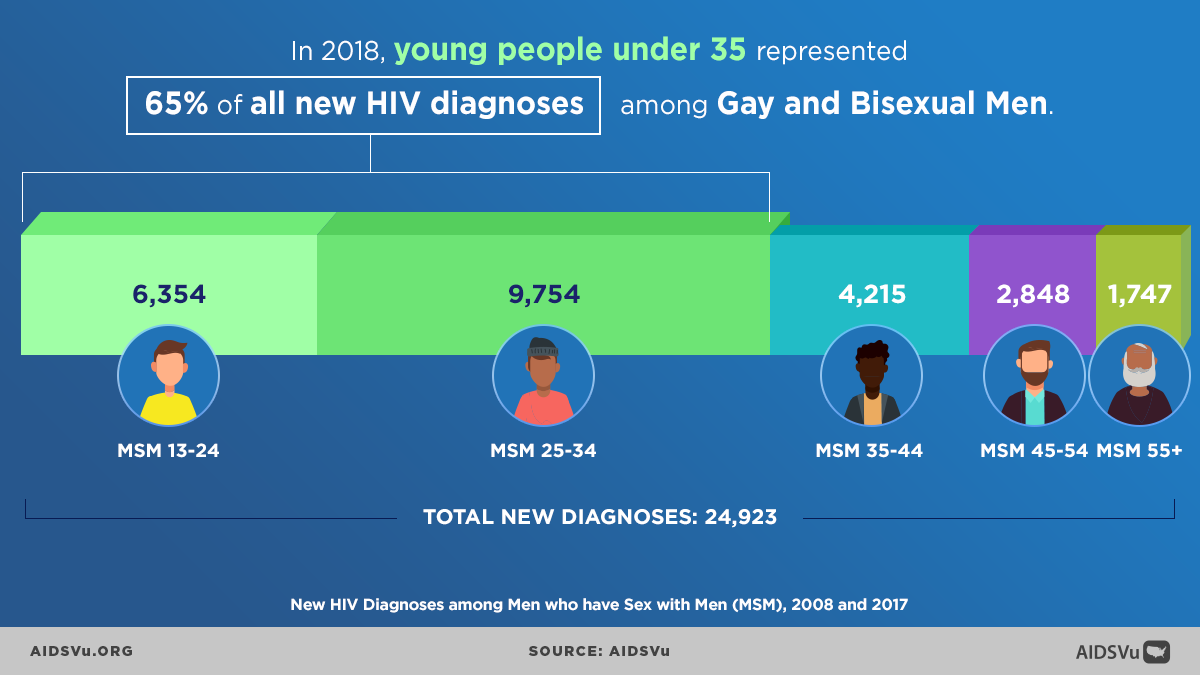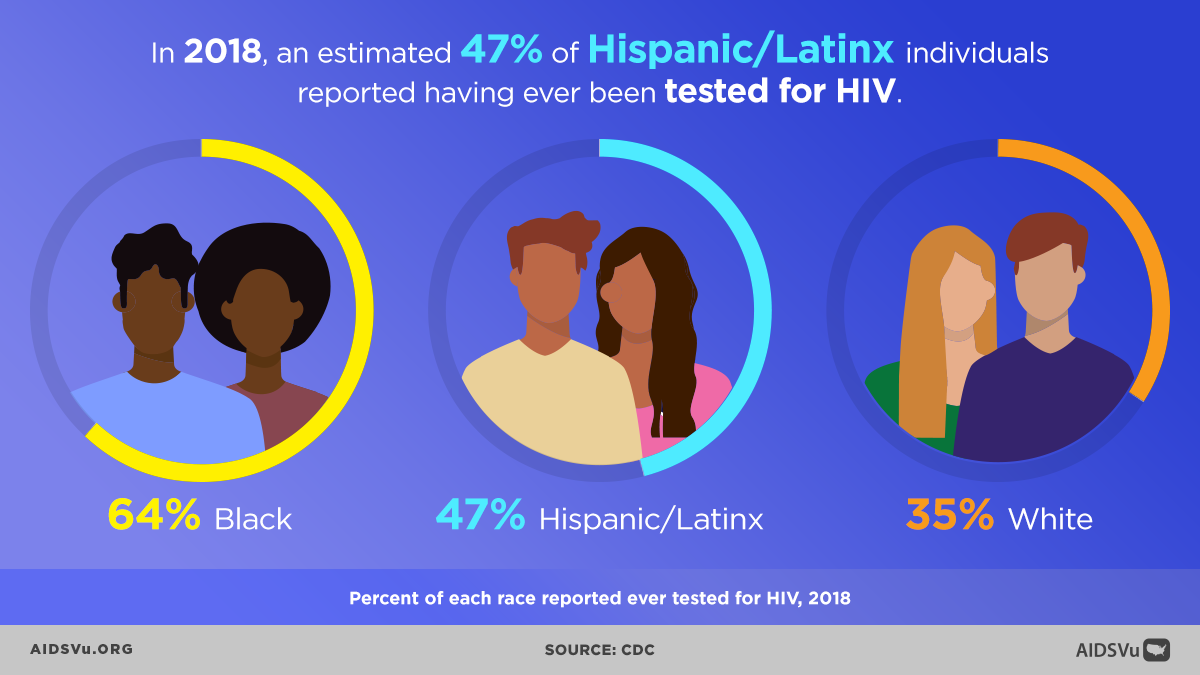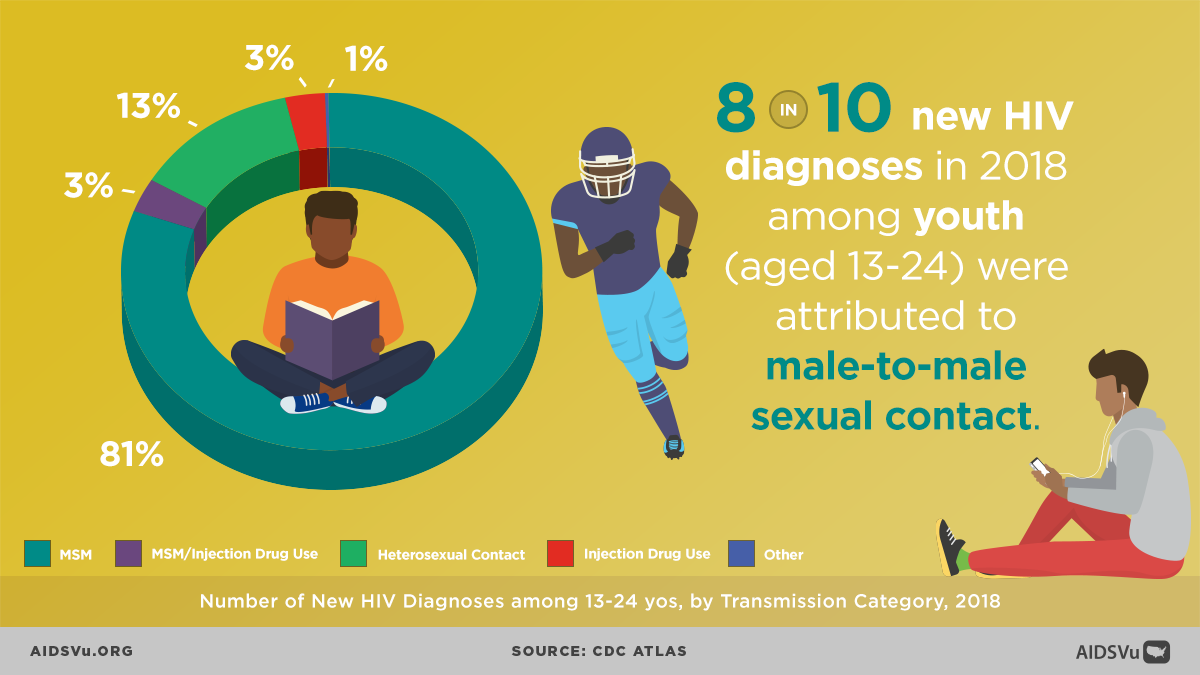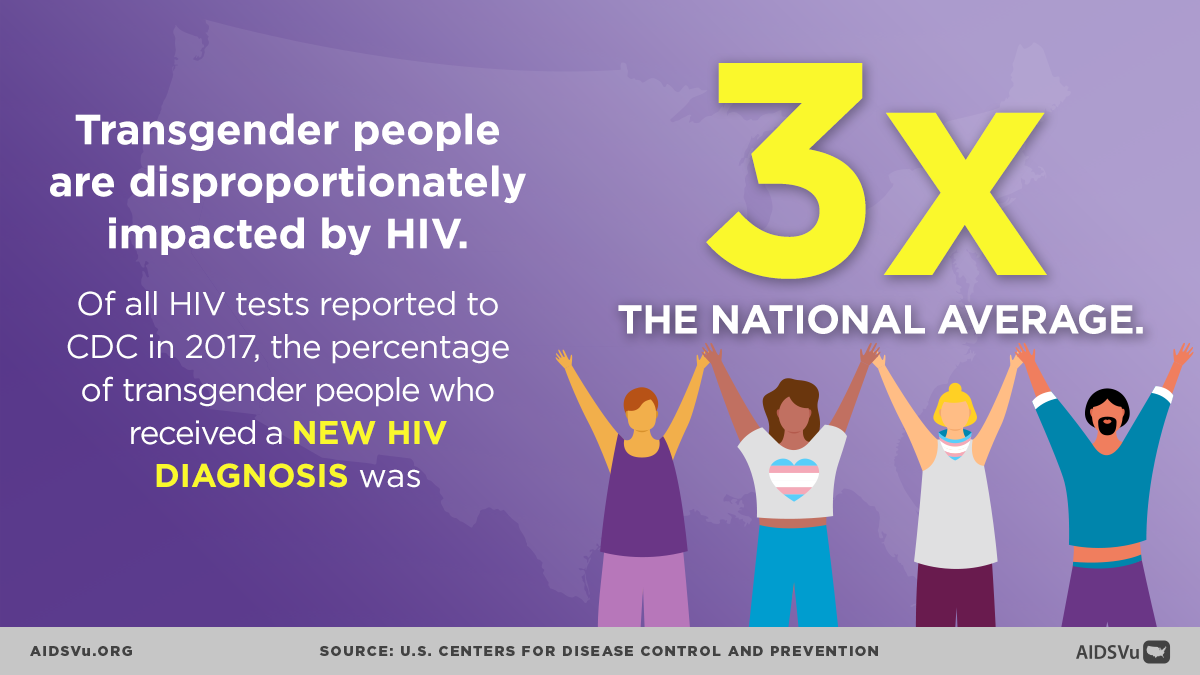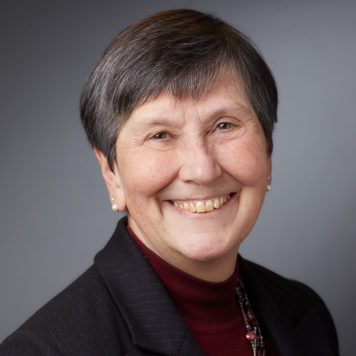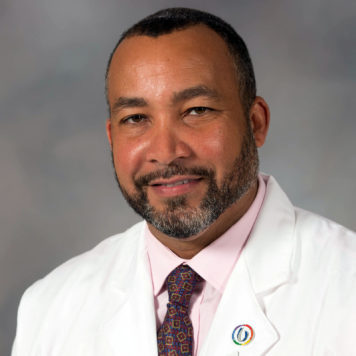This year, AIDSVu recognizes our 10th anniversary. Visualizing the impact of the HIV epidemic across the United States, AIDSVu empowers people to end the HIV epidemic in their communities. For 10 years, the platform has aimed to make data widely available, easily accessible, and locally relevant to inform data-driven public health decision-making.
The progress of the past decade has been made possible through the collaboration, strategic advisement, and data sharing of colleagues across the public health field. From epidemiologists in state and local health departments, to advocates in every corner of the U.S., to researchers around the globe, thank you all for your contributions to build the AIDSVu platform.
PrEP Use County-Level Data and Interactive Maps
AIDSVu launched interactive county-level data and maps visualizing PrEP use from 2012 to 2018, highlighting important disparities in use across many dimensions, including sex, age, geographic location, socioeconomic status, and access to PrEP care.
In conjunction with the launch of AIDSVu’s PrEP data and maps, two studies were conducted and published in Annals of Epidemiology, presenting key insights from the county-level data.
- “Policy- and county-level associations with HIV pre-exposure prophylaxis use, the United States, 2018“
- “Methods for county-level estimation of pre-exposure prophylaxis coverage and application to the U.S. Ending the HIV Epidemic jurisdictions“
The data showed that PrEP use varied greatly across the U.S., including within Ending the HIV Epidemic: A Plan for America (EHE) jurisdictions.
AIDSVu published two Q&As with Dr. Aaron Siegler and Dr. Patrick Sullivan, infographics, Deeper Look, and a webinar on the county-level PrEP data and maps.
City-Level HIV Care Continuum Data
AIDSVu released maps visualizing the HIV care continuum for more than 35 cities across the United States, further illustrating how the HIV epidemic impacts cities and neighborhoods at a fine geographic level to enable targeted and effective policy and programmatic interventions. The launch also included:
- Updated 2018 ZIP Code-level HIV prevalence and new diagnoses data and interactive maps
- Deeper Look page on viral suppression to highlight the importance of the final HIV care continuum step and share insights from the data
- More than 10 new city maps, bringing the total number of cities mapped at the ZIP Code-level to more than 50.
AIDSVu also hosted a webinar on how to use the city-level and HIV care continuum data to understand HIV prevalence and care across the U.S.
State-Level HIV Care Continuum and Expanded Social Determinants of Health Data
AIDSVu launched interactive maps visualizing the HIV care continuum at the state-level and added new maps of social determinants of health indicators and related infectious diseases. The site now visualizes the following social, economic, and environmental factors across the U.S. to show how they can create disparities in achieving optimal health:
- Unemployment (2018)
- Housing (2018)
- Food insecurity (cumulative 2016 to 2018)
- Medicaid expansion (as of September 2020)
- Hepatitis C prevalence (cumulative 2013 to 2016)
- Primary and secondary syphilis prevalence (2018)
AIDSVu also published a Deeper Look page on health disparities and HIV to help understand the association between HIV and social determinants of health.
AIDSVu continued to add to its series of Q&A blogs this year, speaking with over a dozen HIV experts.
Vu Q&A: Jen Hecht on HIV Testing Strategies During COVID-19
Jen Hecht, MPH, Co-Founder and Director at Building Healthy Online Communities; Sr. Director, Program Strategy and Evaluation, San Francisco AIDS Foundation, discussed how to expand HIV testing during the COVID-19 pandemic.
Learn MoreAIDSVu Q&A: Harlan Pruden on National Native HIV/AIDS Awareness Day
AIDSVu spoke with Harlan Pruden, a First Nation Cree scholar and activist, an Educator at the British Columbia (BC) Center for Disease Control’s Chee Mamuk program, and the co-founder of the NorthEast Two-Spirit Society, on the HIV epidemic among the American Indian/Alaskan Natives communities.
Learn MoreVu Q&A: Raniyah Copeland on the Black Plan to End HIV in America
AIDSVu spoke with Raniyah Copeland, the President and Chief Executive Officer of the Black AIDS Institute (BAI) and an AIDSVu Advisory Committee member, on how racism contributes to the disproportionate impact of the HIV epidemic on Black communities.
Learn More
